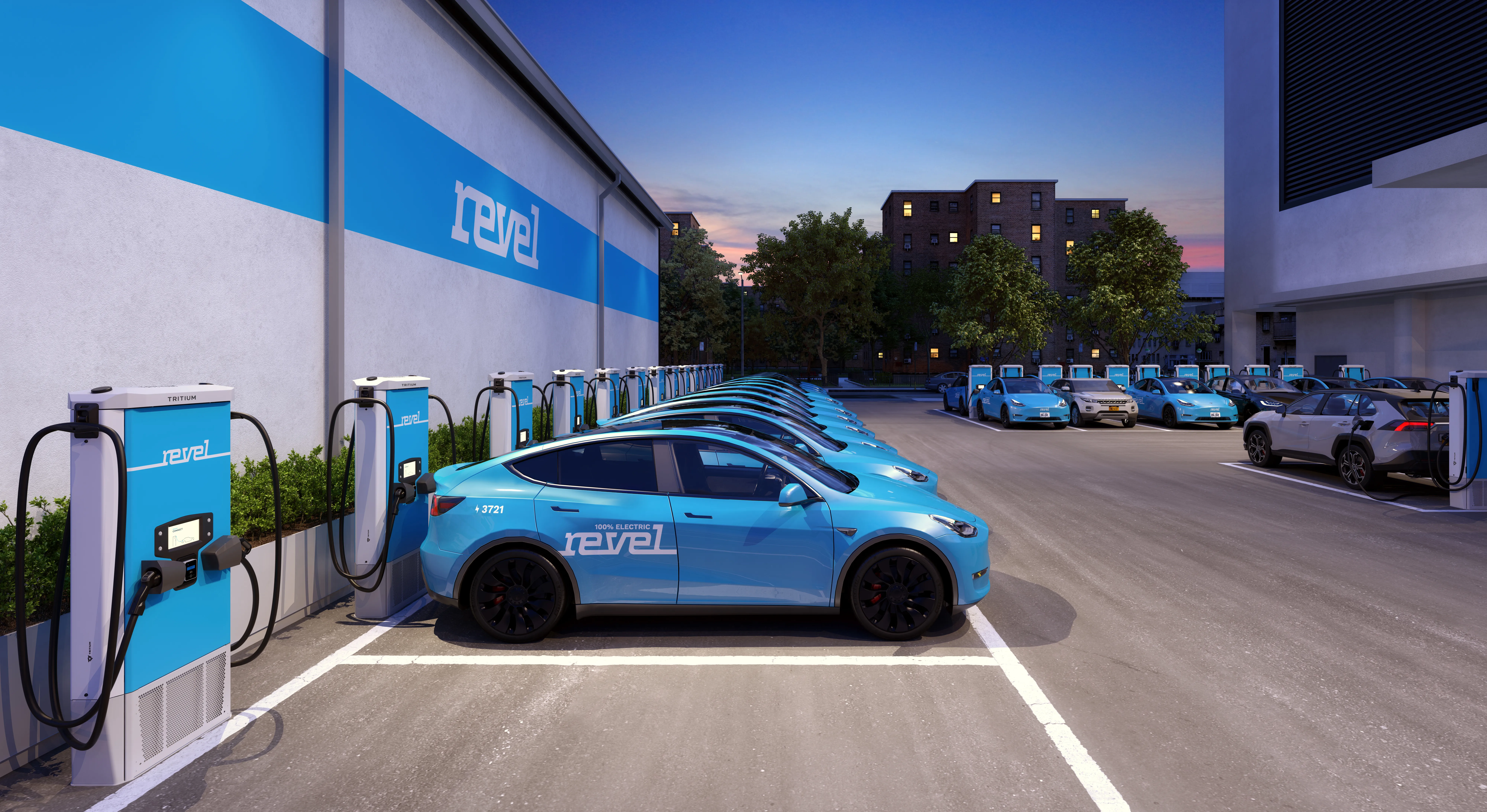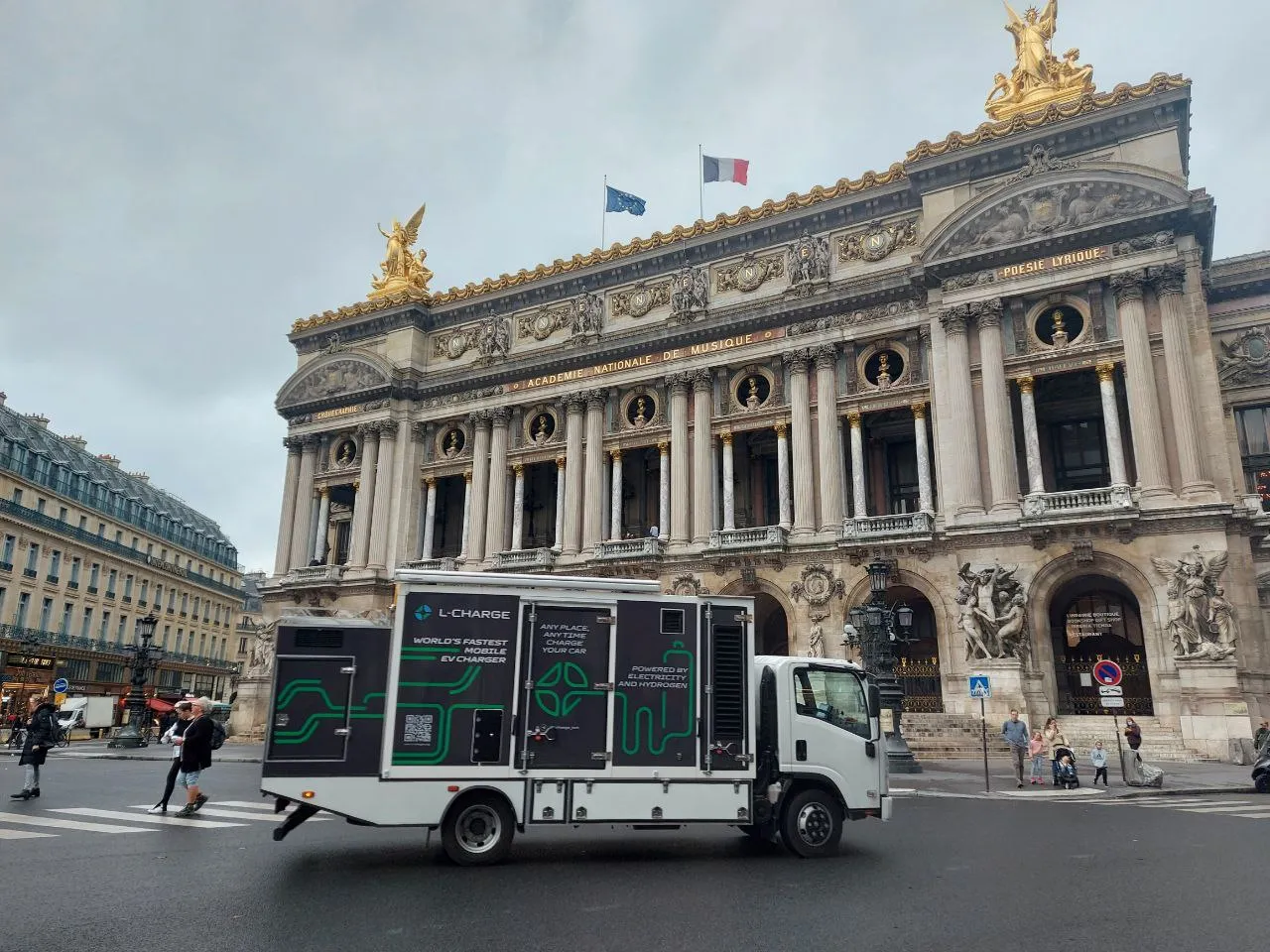UK company Ecotricity is to install a network of rapid charging points in motorway service stations around the country enabling an electric car to be recharged in around 15 minutes. Conventional charging points usually take several hours to provide enough power for modern electric cars. With a range of around 100 miles, this has meant the vehicles are largely used for short journeys in towns and cities, limiting their uptake by consumers.
October 1, 2012
Read time: 2 mins
UK company 6640 Ecotricity is to install a network of rapid charging points in motorway service stations around the country enabling an electric car to be recharged in around 15 minutes.
Conventional charging points usually take several hours to provide enough power for modern electric cars. With a range of around 100 miles, this has meant the vehicles are largely used for short journeys in towns and cities, limiting their uptake by consumers.
Manufacturers now hope that a network of charging points in motorway service stations will allow owners to make longer journeys and help electric cars become more mainstream on Britain’s roads.
“The super-chargers we are installing can recharge a car in the time it takes to have a cup of tea in a service station,” said Dale Vince, founder of Ecotricity.
Ecotricity is working with car manufacturer838 Nissan, who make the electric car the Leaf.
They plan to install charging stations at every motorway service station in the country to allow electric car owners to fill up their vehicles just as they would a petrol car while on long journeys.
However, a recent report by MPs on the Transport Committee at the Houses of Parliament warned that provision of charging points may not stimulate demand for plug in vehicles.
Mr Vince said, however, that allowing owners to make longer journeys could help to make the electric car a more practical option. He said: “We don’t believe putting charging points in towns and cities is the right approach as that is not where people will need them as they are close to their homes. Most car journeys are not more than 20 miles, but by putting charge points in motorway service stations it means that people will be able to make longer journeys if they want to.”
Conventional charging points usually take several hours to provide enough power for modern electric cars. With a range of around 100 miles, this has meant the vehicles are largely used for short journeys in towns and cities, limiting their uptake by consumers.
Manufacturers now hope that a network of charging points in motorway service stations will allow owners to make longer journeys and help electric cars become more mainstream on Britain’s roads.
“The super-chargers we are installing can recharge a car in the time it takes to have a cup of tea in a service station,” said Dale Vince, founder of Ecotricity.
Ecotricity is working with car manufacturer
They plan to install charging stations at every motorway service station in the country to allow electric car owners to fill up their vehicles just as they would a petrol car while on long journeys.
However, a recent report by MPs on the Transport Committee at the Houses of Parliament warned that provision of charging points may not stimulate demand for plug in vehicles.
Mr Vince said, however, that allowing owners to make longer journeys could help to make the electric car a more practical option. He said: “We don’t believe putting charging points in towns and cities is the right approach as that is not where people will need them as they are close to their homes. Most car journeys are not more than 20 miles, but by putting charge points in motorway service stations it means that people will be able to make longer journeys if they want to.”








